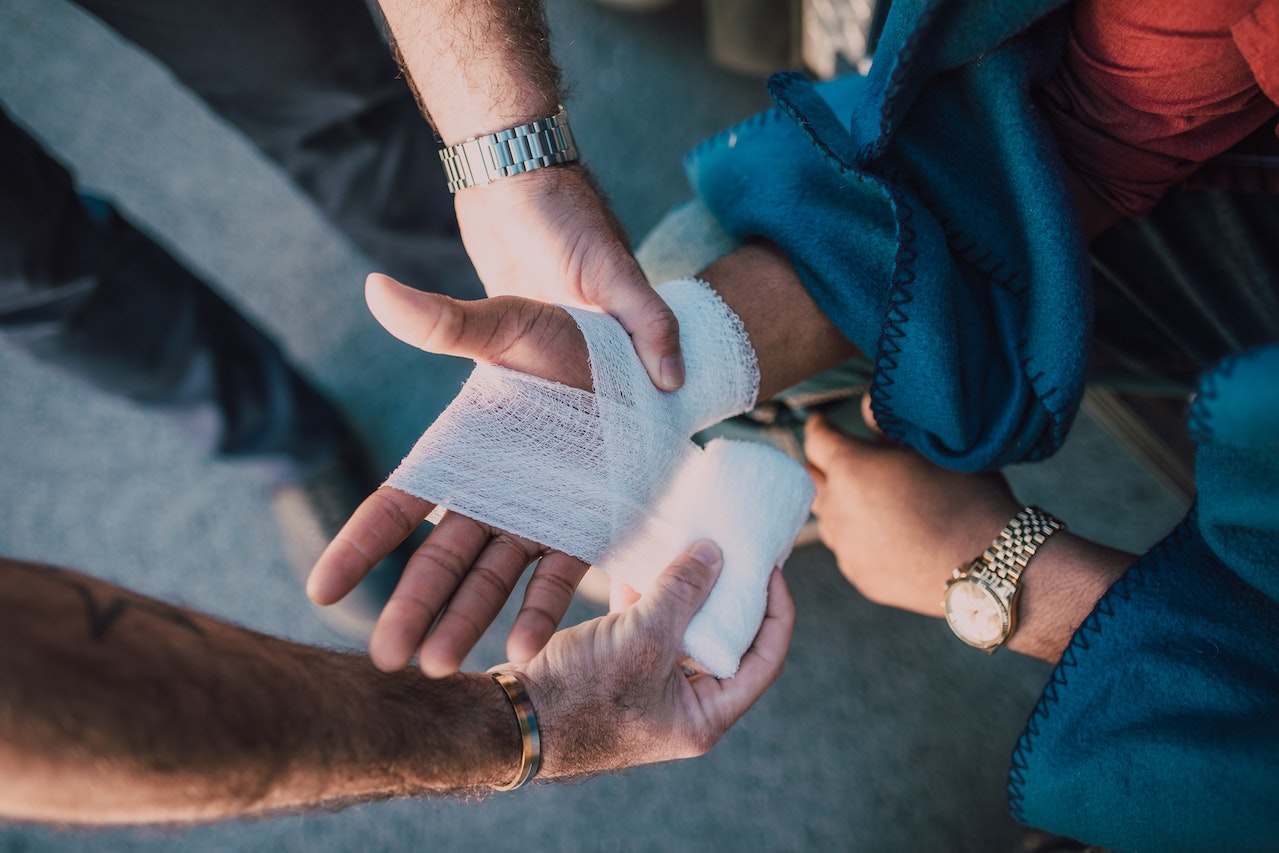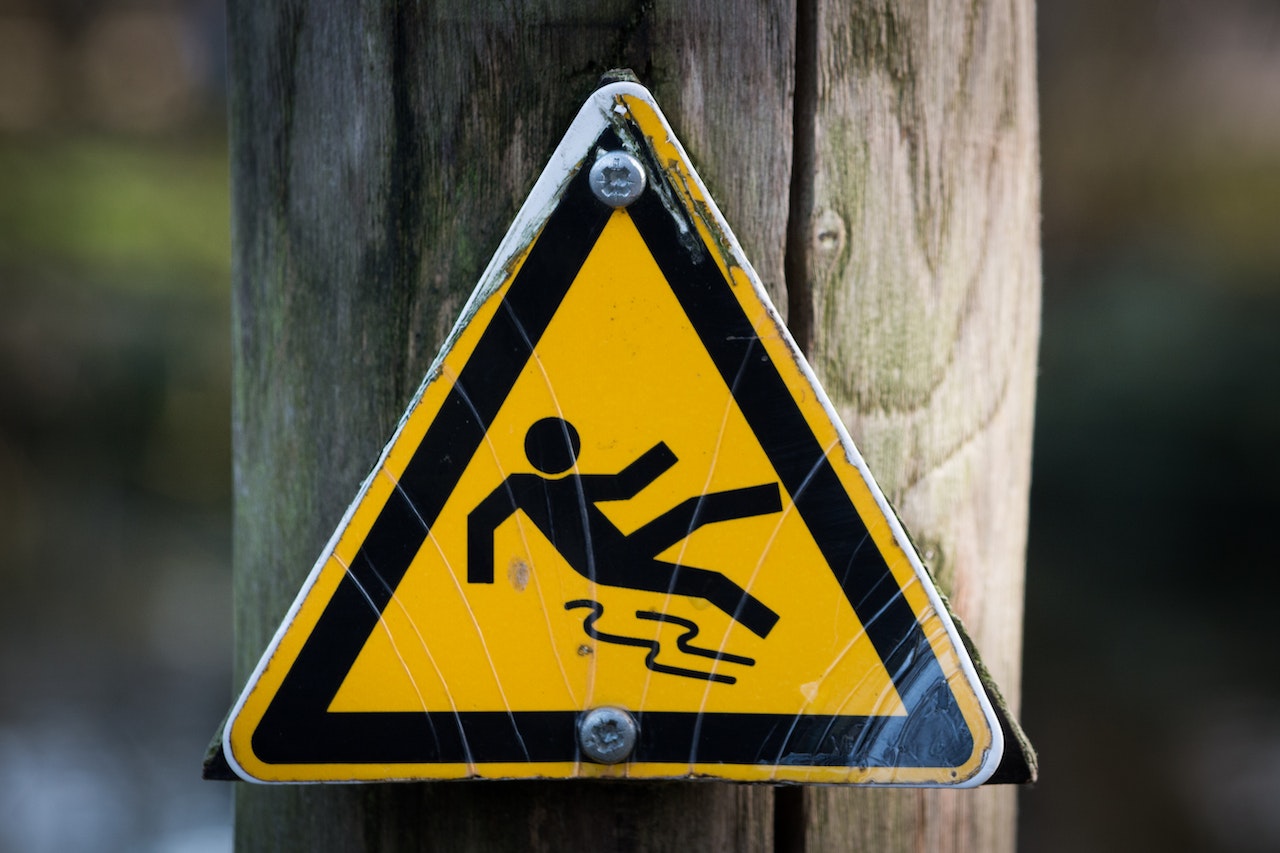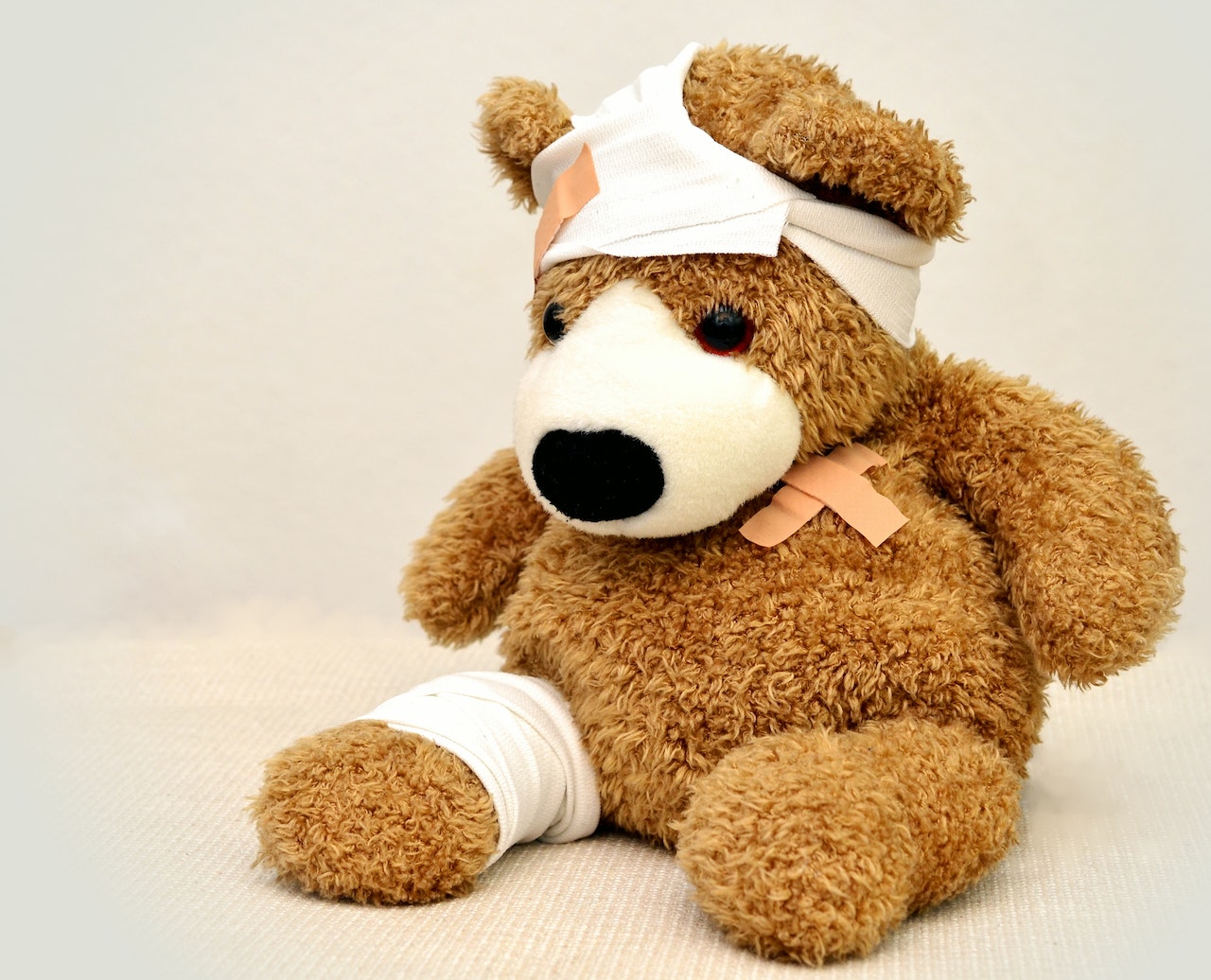Accidents are an unfortunate reality, and the Airbnb community is not immune to this fact.
Whether it’s a slip and fall, a kitchen accident, or an unexpected event, the consequences can be significant, especially for hosts.
Understanding the potential repercussions and implementing proactive measures can greatly alleviate the stress and potential costs associated with accidents at Airbnb properties.
What happens if someone gets hurt in your Airbnb?
Accidents within Airbnb properties can lead to considerable implications.

From physical harm to potential lawsuits, these scenarios can quickly evolve into complex legal and financial issues. The severity of the consequences often depends on the specific circumstances surrounding the accident, including the nature of the injury, the condition of the property, and the actions of both the host and the guest.
Understanding Airbnb accidents is important for addressing crime with AI guest screening.
Legal Liability: Can Guests Sue Hosts for Airbnb injuries?
The question of liability in the event of an Airbnb accident is a critical consideration for hosts.
The short answer is yes, guests can sue hosts for accidents that occur on the property. However, determining liability depends on many factors, such as whether the host failed to maintain a safe environment or whether the guest acted negligently.
In some cases, the host could be held responsible if they neglected to take proper precautions or to disclose potential hazards. For instance, if a host is aware of a loose staircase railing and fails to inform the guest or rectify the issue, and the guest is subsequently injured, the host may be held accountable.
Navigating Host Liability Insurance
As a protective measure, Airbnb offers Host Protection Insurance, a liability insurance program that provides primary coverage for up to $1 million per occurrence in the event of a guest injury or property damage.
However, it’s crucial to understand the specifics of what is covered and what is not.
While Host Protection Insurance covers many potential liability scenarios, it doesn’t cover everything. For example, it does not cover losses or damages resulting from:
- Intentional acts where liability isn’t the result of an accident
- Property issues like mold or bed bugs
- Natural disasters such as floods or earthquakes
Understanding these coverage limitations can help hosts determine whether additional insurance might be necessary to fully protect themselves and their properties.
Understanding how to handle Airbnb accidents can prepare hosts for the top screening questions for guests.
Common Airbnb Accidents and Injuries
While accidents can happen in numerous ways, some common scenarios include slip and fall accidents, kitchen-related injuries such as burns or cuts, injuries from faulty furniture or equipment, and accidents involving recreational facilities such as swimming pools or hot tubs.

Slip and fall cases, in particular, are frequent due to a range of factors, such as wet floors, uneven surfaces, or poor lighting. Hosts must ensure their properties are maintained to a high standard to mitigate these risks. Additionally, clear and prompt communication about potential hazards can be a critical factor in avoiding accidents and related liability.
Airbnb Accidents and Premises Liability Law
The legal framework governing Airbnb accidents falls under premises liability law, a subset of personal injury law. This area of law stipulates that property owners, including Airbnb hosts, have an obligation to maintain safe conditions for guests and visitors.
Typically, to succeed in a premises liability lawsuit, the guest must prove that the host was negligent in maintaining the property. This might involve showing that the host knew or should have known about a hazardous condition, failed to take appropriate action to remedy it, and this failure resulted in the guest’s injury.
However, premises liability law varies by jurisdiction, with some states applying a more strict interpretation than others. Therefore, Airbnb hosts should familiarize themselves with the local laws and regulations governing their properties to fully understand their potential liability.
Security Deposits in the Context of Airbnb Accidents
Airbnb security deposits add another layer to the financial aspect of Airbnb accidents. These funds, requested by the host before a stay, act as a safety net for hosts, covering costs associated with potential property damage caused by guests. However, it’s essential to note that security deposits are not intended to cover costs related to personal injury claims.
In case of accidental damage to a property, a host can make a claim on the security deposit. However, the claim process requires negotiation between the host and guest via the Airbnb resolution center. If the two parties cannot agree, Airbnb can step in to mediate.
While a security deposit can offer some financial protection, it is not an all-encompassing solution. It may not cover significant damages or injuries and does not absolve hosts from their legal obligations under premises liability law.
Proactive Measures for Accident Prevention and Liability Reduction
There are several measures that can reduce potential liabilities besides understanding the basics of premises liability law and host protection insurance.
Detailed Property Descriptions
Providing comprehensive and accurate property descriptions is crucial in preventing accidents. Detailed listings allow guests to understand the property’s layout, potential hazards, and any safety measures in place. Information about stairs, uneven surfaces, low ceilings, or other physical characteristics can be crucial for guests, especially those with mobility issues or other specific needs.
Emergency Preparedness
Preparation is key when it comes to handling emergencies. Equip your property with necessary emergency supplies such as a first-aid kit, fire extinguisher, and emergency contact numbers. Ensuring that smoke detectors and carbon monoxide detectors are in good working condition is also vital.
Regular Safety Audits
Perform regular safety audits to identify potential hazards and ensure all equipment and facilities are in proper working condition. This involves checking everything from electrical wiring to the stability of furniture, from smoke detectors to the secure locks on doors and windows.
Proper Staff Training
If you have staff assisting with property management, ensure they are well-trained in safety procedures, emergency response, and guest communication. They should understand their roles in maintaining a safe environment and be equipped to handle any issues that arise.
Safe and Sanitary Amenities
Ensure the amenities you offer, such as swimming pools, hot tubs, and exercise equipment, are safe and sanitary. Regular cleaning and maintenance of these amenities can prevent accidents and health-related issues.
Enhanced Check-In and Check-Out Procedures
Consider implementing more thorough check-in and check-out procedures.
During check-in, walk the guest through the property, highlighting any potential safety issues, demonstrating how to use appliances or equipment, and answering any questions they may have. During check-out, inspect the property for any damages or issues that need to be addressed before the next guest arrives.
Proactivity is vital when it comes to hosting on Airbnb. By understanding the potential repercussions of accidents, implementing proactive measures, and leveraging technology, hosts can provide a safer and more enjoyable experience for their guests, and also protect themselves from potential liabilities. As the old saying goes, an ounce of prevention is worth a pound of cure.
This couldn’t be more true in the world of Airbnb hosting.
AI-Based Solutions: The Future of Airbnb Safety
The utilization of AI-based solutions like Autohost can revolutionize Airbnb hosting, taking it from a reactive to a proactive model. By understanding guests better and making informed decisions about reservations, hosts can significantly reduce the likelihood of accidents and related liability claims. These tools not only make the hosting experience safer, but they also increase efficiency and free up valuable time for hosts.
Moreover, Autohost’s software helps streamline the booking process, saving hosts valuable time while improving safety. By flagging any concerning booking inquiries, it empowers hosts to take preventative measures before potential issues arise.
In an ever-evolving Airbnb market, the adoption of such proactive measures demonstrates a commitment to guest safety and a professional approach to hosting. With a better understanding of the implications of Airbnb accidents and the right tools in place, hosts can navigate the complexities of this industry with confidence.





